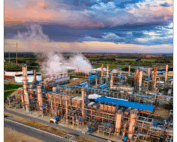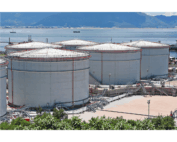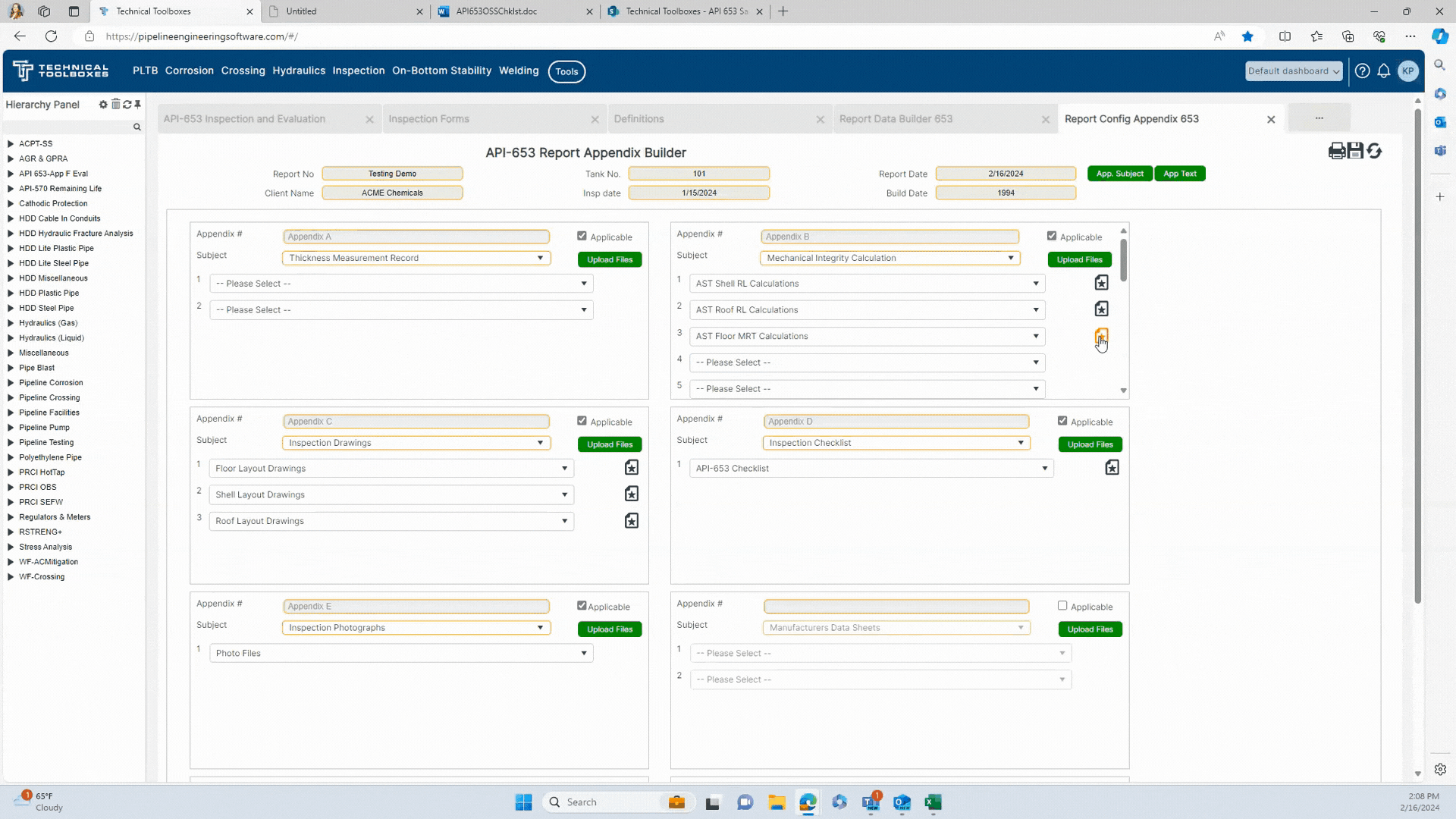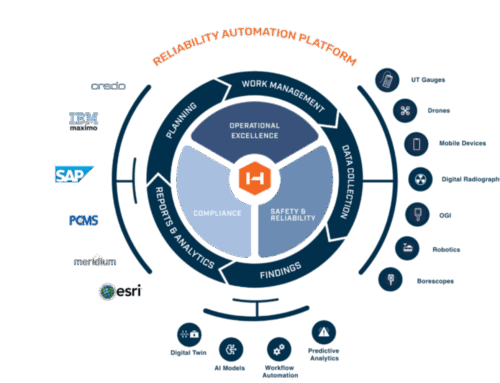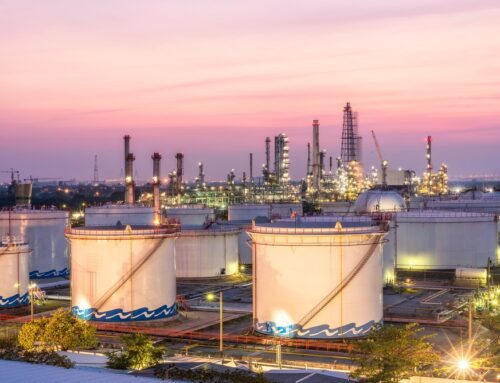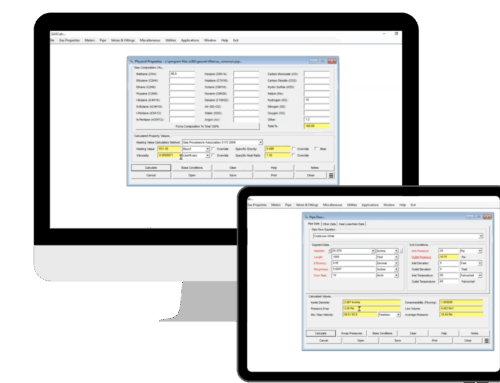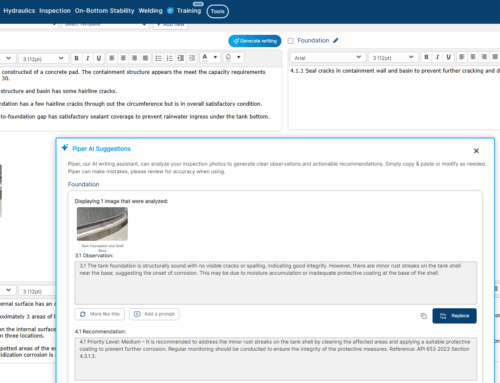Understanding API 1104: Ensuring Weld Integrity and Pipeline Safety
By Febin Jose
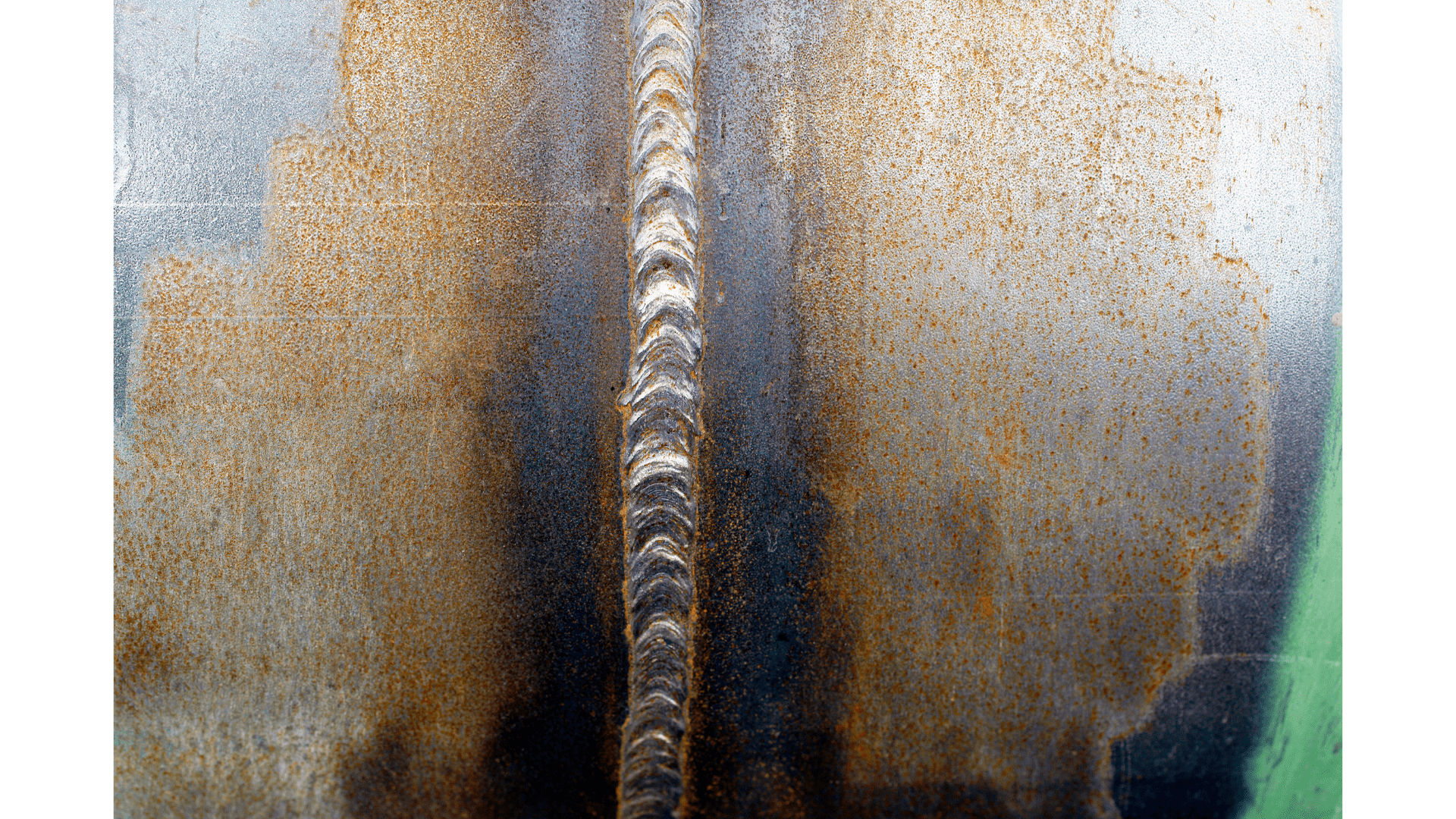
In the pipeline industry, maintaining the integrity and safety of assets is paramount. One of the critical standards set by the American Petroleum Institute (API) is API 1104, which focuses on welding procedures for pipelines and related facilities. This blog aims to provide an in-depth understanding of API 1104, its importance, and how it contributes to pipeline integrity and safety.
What is API 1104?
API 1104 is a standard that provides guidelines for the welding of pipelines and related facilities. It includes criteria for the qualification of welding procedures, welders, and welding operators, as well as the inspection and repair of welds. This standard is essential for ensuring that welding work on pipelines meets stringent quality and safety benchmarks.
Key Components
- Welding Procedure Specifications (WPS): API 1104 requires the development of detailed Welding Procedure Specifications (WPS) that outline the welding techniques, materials, and parameters to be used on pipelines. These specifications ensure consistency and quality in welding practices across different projects and environments.
- Welder and Welding Operator Qualification: To comply, welders and welding operators must be qualified through rigorous testing. This qualification process verifies their ability to produce sound welds that meet the standard’s requirements. It includes practical tests to demonstrate proficiency in various welding positions and techniques.
- Inspection and Testing of Welds: This standard mandates thorough inspection and testing of welds to identify any imperfections that could compromise pipeline integrity. Non-destructive testing methods such as radiographic (X-ray) and ultrasonic testing are commonly used to detect internal defects without damaging the weld.
- Acceptance Criteria for Weld Imperfections: The standard sets specific acceptance criteria for different types of weld imperfections, such as porosity, cracks, and incomplete fusion. Welds that do not meet these criteria must be repaired or replaced to ensure the safety and reliability of the pipeline.
- Repair Procedures: This standard also outlines the procedures for repairing defective welds. These procedures ensure that any repairs are performed to the same high standards as the original welds, maintaining the overall integrity of the pipeline.
What is the Importance of API 1104 in Pipeline Integrity
Ensuring Weld Quality and Safety: API 1104 provides a comprehensive framework for producing high-quality welds that are critical to the structural integrity of pipelines. By following this standard, pipeline operators can prevent weld-related failures that could lead to leaks, ruptures, or other safety hazards.
Compliance with Regulatory Requirements: Adhering to API 1104 helps pipeline operators comply with federal and state safety regulations. This compliance is crucial for avoiding fines, shutdowns, and legal liabilities associated with non-compliance.
Proactive Risk Management: Regular inspections and adherence to API 1104 enable proactive identification and mitigation of potential issues before they escalate into major problems. This approach is essential for maintaining the continuous safe operation of pipelines.
Enhancing Operational Efficiency: By standardizing welding practices and ensuring consistent quality, API 1104 contributes to more efficient pipeline construction and maintenance processes. This efficiency can lead to significant cost savings and reduced downtime for pipeline operators.
API 1104 in Gas and Liquid Pipelines
Gas Pipelines: For gas pipelines, this standard helps in identifying and addressing weld imperfections that could result in leaks or explosions. Ensuring the quality of welds in gas pipelines is particularly important due to the high-pressure nature of the transported gas and the potential for catastrophic consequences in the event of a failure. 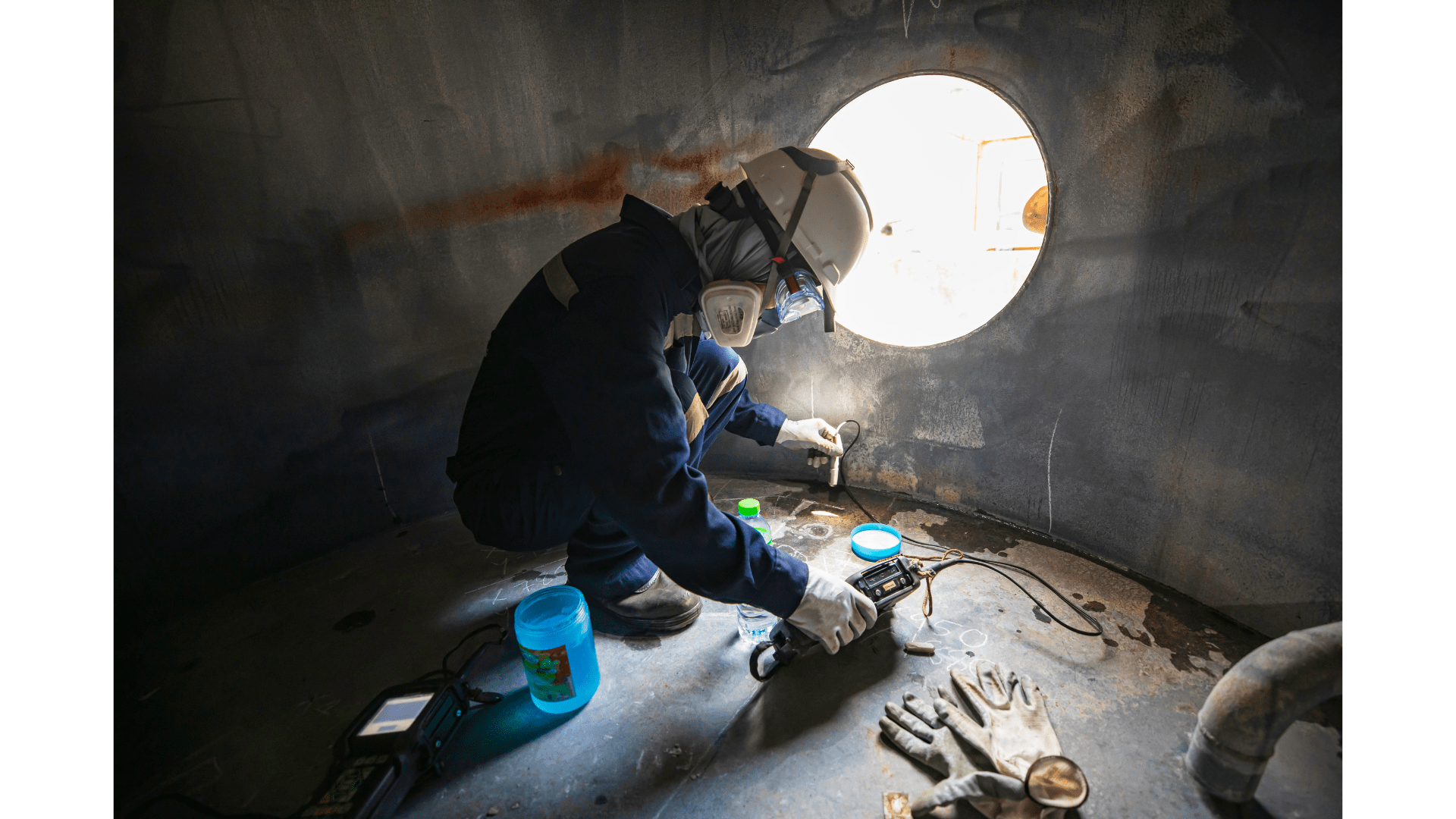
Liquid Pipelines: In liquid pipelines, adhering to this standard prevents leaks that could lead to environmental contamination and financial losses. By ensuring the integrity of welds, operators can protect both the environment and the valuable resources being transported.
How Technical Toolboxes Accommodates
Technical Toolboxes offers a comprehensive API software solutions that align with API 1104 standards to ensure the highest levels of weld quality and pipeline integrity for pipeline inspections technicians. The Pipeline Toolbox (PLTB) provides over 250 pipeline-specific calculations, including those necessary for compliance with this standard for pipeline engineers. This software facilitates the development of detailed Welding Procedure Specifications (WPS), welder qualification processes, and thorough inspection and testing of welds. By integrating advanced non-destructive testing techniques and automated data management, Technical Toolboxes enables pipeline operators to efficiently adhere to API requirements. These tools ensure that all welds meet the stringent acceptance criteria set by the standard, thereby enhancing the safety and reliability of pipeline operations.
Conclusion
API 1104 is a cornerstone of pipeline integrity management, providing essential guidelines for the welding and inspection of pipelines. By adhering to this standard, pipeline operators can ensure the highest levels of safety, reliability, and compliance. Regular inspections and maintenance based on this standard not only protect assets but also safeguard the environment and public health.
For further reading on specific aspects of API 1104 related to weld imperfection assessments, you can refer to the following links:
Embracing the guidelines ensures that pipeline operators maintain the highest standards of weld quality and pipeline safety, ultimately contributing to the long-term success and sustainability of their operations.
Suggested Post
The Network Modeling Tool Gas Engineers Didn’t Know They Needed
The Network Modeling Tool Gas Engineers Didn’t Know They Needed By Kesley Price You’ve outgrown your spreadsheets, now [...]
The Trusted Tool Gas Engineers Didn’t Know They Were Missing
Do You Really Know What’s Flowing Through Your Pipes? The Trusted Tool Gas Engineers [...]
2026 API Compliance: What You Need to Know
2026 API Compliance: What You Need to Know By Kesley Price New rules. Tougher [...]



